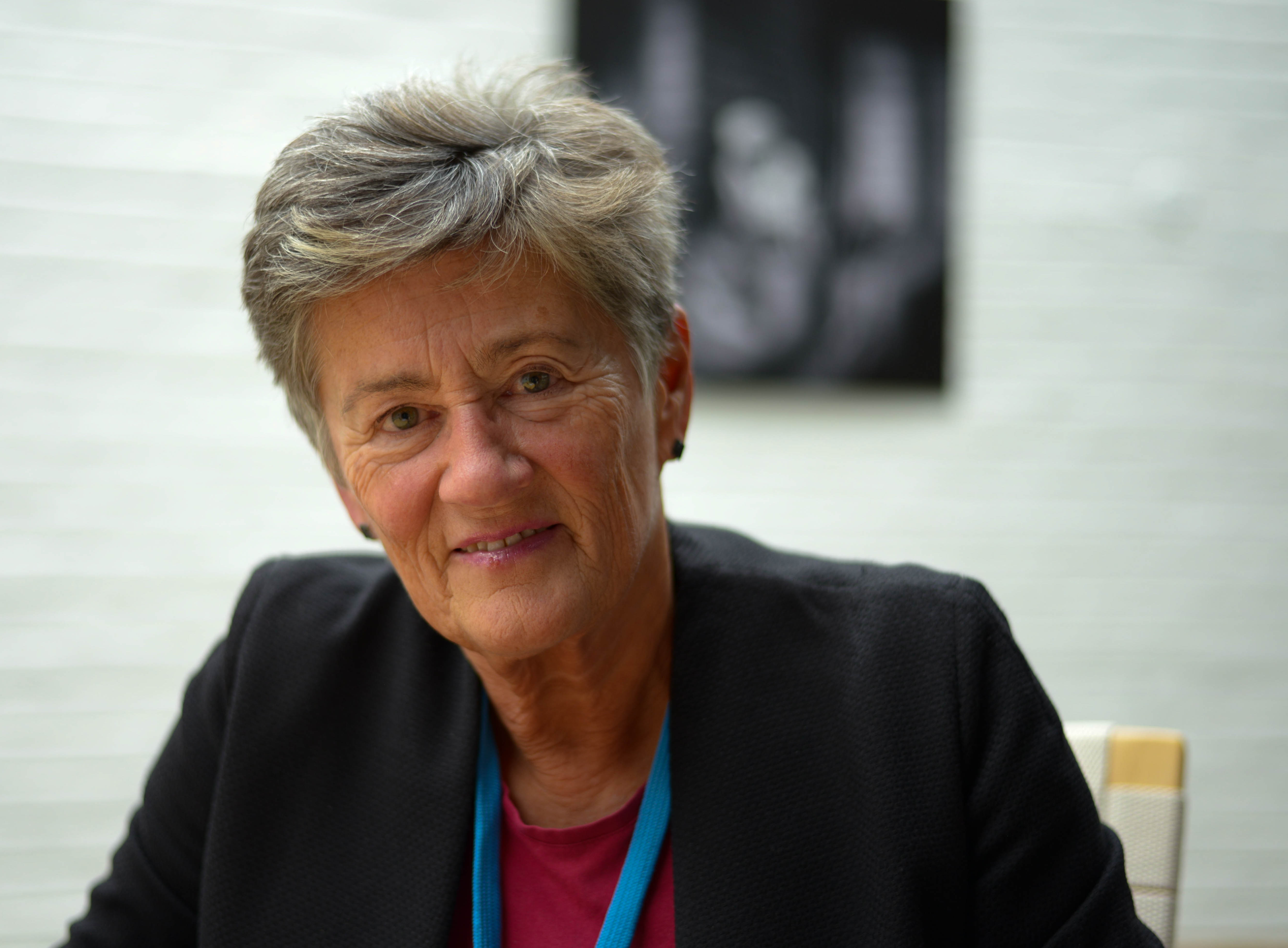Drug-related deaths: A new project allows voices of the bereaved to be heard
DrugsMalin Wikström, Web Editor. The article is written in Swedish and translated. Published 22 Oct 2018
The world's largest research project focusing on the support offered to bereaved after drug-related deaths has been launched in Norway. Among other things, the aim is to ensure that the bereaved relatives and close friends of the deceased receive the right kind of support in the future.
The research project “Drug Related Death Bereavement and Recovery” (“Etterlatte ved narkotikarelatert død,” or the END Project) was launched in November 2017 at the Western Norway University of Applied Sciences in Norway. It is the largest and most comprehensive research project on the subject ever conducted anywhere in the world. The focus is on bereaved after drug-related deaths, and the goal is to recruit bereaved individuals as participants in the project. The project leader is Professor Kari Dyregrov, who has spent 25 years researching grief and the bereaved of those who die of unnatural deaths.
“Over fifteen years ago, Landsforbundet mot stoffmisbruk asked me if I could conduct a study on the bereaved after drug-related deaths, but at the time I was unable to do so. When I later received my professorship at the Western Norway University of Applied Sciences, there was a need for research in this area, because hardly any larger studies on the subject have been conducted”.
Stigmatising deaths
In Norway there are between 250 and 300 drug-related deaths annually. Despite the national overdose strategy, this number has failed to decline. Just like accidents, suicides and other sudden deaths, these are unnatural deaths, and as such they are stigmatised.
“When a loved one dies from drug-related causes, it’s a devastating and stigmatising death. The bereaved are already worn down, and drug users are stigmatised. I’ve done a lot of research on suicide, and I remember one father of a drug-related suicide who said: ‘He didn’t just kill himself – he was also an addict. We’re doubly stigmatised’”.

The overall objective of the project is to gather knowledge in order to implement the right measures in social and health care, but it also aims to contribute to a new discourse – a new way of talking about the subject – and to affect how society treats and protects this marginalised group of bereaved persons.
Threat of death
The situation of the bereaved is similar to that of those who have lost loved ones to other types of sudden death. For example, these unexpected, sudden deaths, have different consequences for the relatives and close friends of the deceased than deaths for which one has time to prepare. The bereaved have also lived with so-called “anticipated grief” – the threat of death – and this is another burden. The next of kin of cancer patients also experience this threat of impending death, as do some of the family members or close friends of those who have died by suicide.
“But as a bereaved of a son who used drugs, there’s no guarantee that you will receive the same support and comfort as someone who has lost their three-year-old in a bicycle accident. This unacknowledged grief is a heavy burden for many of the bereaved. We will have a strong focus on various forms of grief, and focus on experiences of stigma: how one is treated in social networks and in the workplace, and how this relates to illness and how one functions in working life – we want to try to paint a bigger picture”.
Leading experts
The multidisciplinary project group is comprised of 16 people, including bereaved individuals, psychologists, sociologists, social workers and nurses, among them experts on drug use, stigma, trauma and grief. Bergen Municipality and representatives of Norwegian public health services are involved, as are educational institutions and NGOs. Aside from the project team there is also an Advisory Board that includes 11 of the world’s top researchers in the field. The project will result in 4 sub-studies, and the first findings can be expected next autumn.
In addition to asking bereaved family members or close friends to respond to a survey, in-depth interviews will be conducted with selected bereaved persons, and six municipalities in Norway, with 120 participants, which have had a special focus on these issues will participate in surveys and focus group interviews.
“We know that a great many municipalities don’t focus on this particular group of bereaved persons. That’s why we want to focus on successful municipalities, and to look for the success factors that allow the municipalities to provide better help”.
Grateful bereaved
The project organises an annual conference on the theme, and at the last conference Kari Dyregrov met a bereaved woman who made a deep impression on her.
“A beautiful, resourceful woman, around 35 years of age, came up and thanked me and said that the conference had given her so much. She said, ‘I’ve never felt so heard before – use me for everything’. People in this group feel like outsiders; they aren’t seen, heard or appreciated for the efforts they have made before the death occurred”.
Dyregrov sees the similarities to other cases of sudden, unnatural death, but notes that with drug-related deaths, it’s a question of something even heavier to bear.
“When you’re stigmatised and treated like an outsider, you don’t feel that you have the right to be heard, the right to demand so much help or support. Instead you think, ‘he died of drugs, so I’ve failed as a mother’”.
Project Manager Kari Dyregrov presented the END project at the Nordic Alcohol and Drug Researcher’s Assembly, NADRA 2018.

